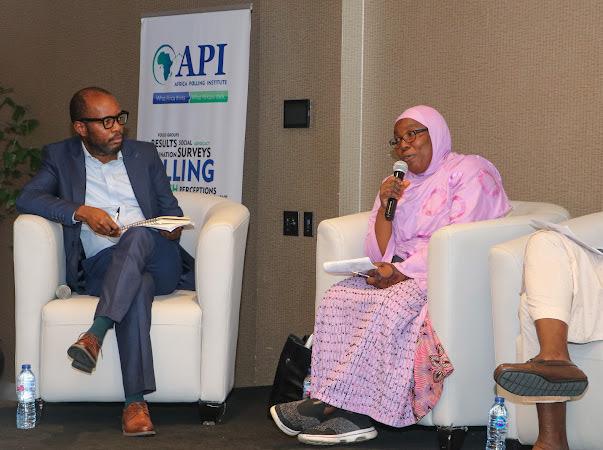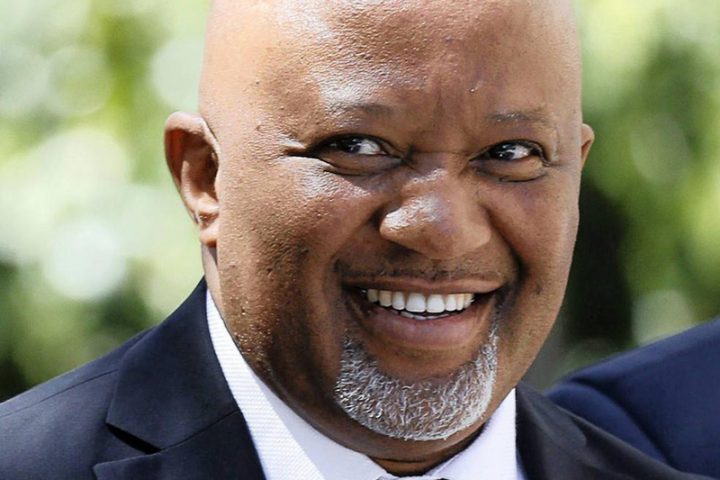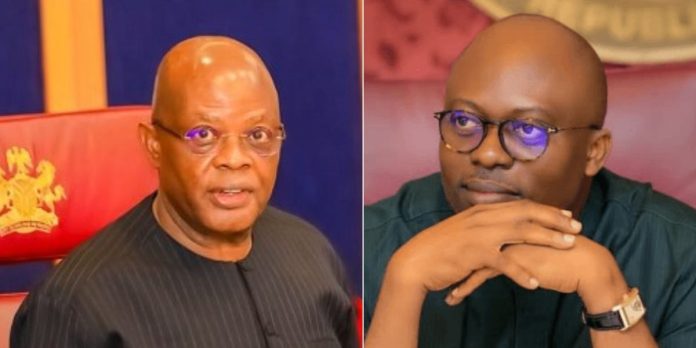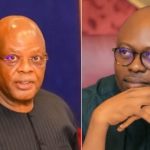Patriarchy, a cultural system that allows male domination of female have continued to be reinforced with religious teachings thereby keeping women, especially those with no access to modern education, perpetually stagnated in northern Nigeria, says Prof. Hauwa’u Evelyn Yusuf, Director, Centre for Gender Studies, Kaduna State University (KASU).
Yusuf, the first female professor at KASU who specialises in Criminology and Gender studies, noted that religion has become so interlinked with cultural norms, making it difficult for a shift from cultural barriers which are not supported by the original tenets of religious beliefs.
Join our WhatsApp ChannelShe made this submission while speaking at a panel session during the presentation of the Nigeria Social Cohesion Survey Report 2022 by the African Polling Institute (API), in Abuja recently.
READ ALSO: Social Cohesion: Nigeria Now More Divided, API Report Reveals
Prof. Yusuf, while describing how gender discrimination/inequality impacts on social cohesion, highlighted how cultural system interwoven with religion has been exploited to limit the status of women in northern Nigeria, preventing them from having access to opportunities, giving their opinions on issues that affect their welfare, especially in community and political space.
Speaking on her experience in the course of research in some parts of northern Nigeria, the university don narrated how women were unable to freely bare their minds on social-political issues relating to their welfare because of the fear of the consequences from the patriarchal authorities thereafter.
She said: “During our data collection on social cohesion in some of the communities we visited, it was clear that the women were not allowed to say what they want to say the way they want to say it because somebody somewhere is peeping from behind to hear what she’s going to say, and she dares not say anything that goes contrary to the view of the patriarchal setting of that particular location; and as such, you find out that women and persons living with disability, because when it comes to discrimination, the question of social inclusion comes up.
READ ALSO: Group Advocates Environment-based Arts Education For Nigerian Schools
“So, women and persons living with disability are kind of pushed to the background when it comes to decision-making. For a typical modern Muslim society of northern Nigeria, a woman is not to be heard and not to be seen. This is largely cultural, but people link it with religion.
“So, in northern Nigeria, you find it difficult to separate religion, from cultural norms and values. In that way, the woman who is God-fearing is afraid to show her face thinking that her religion does not allow it, unfortunately, out of ignorance of what her religion allows her to do. The people who lead in those communities ensure that she does not have access to understanding the tenets of her religion and the leverage she has as a woman in that particular religion, to the extent that she already believes that the not to be seen and not to be heard thing, that is largely cultural, is imposed on her as religion.
“So, women find it difficult to actually express themselves even when they have issues and perhaps, intelligent women that would have contributed to social cohesion within their communities are restrained by these cultural barriers.”
She stressed the need for better inclusion of women and persons with disabilities in policies and programmes as part of the effort to build social cohesion.
Victor Ezeja is a passionate journalist with seven years of experience writing on economy, politics and energy. He holds a Master's degree in Mass Communication.


















Follow Us